The most unwelcome movie star of 2019? Amazon's Alexa
The smart home device has taken on-screen product placement to an obtrusive extreme

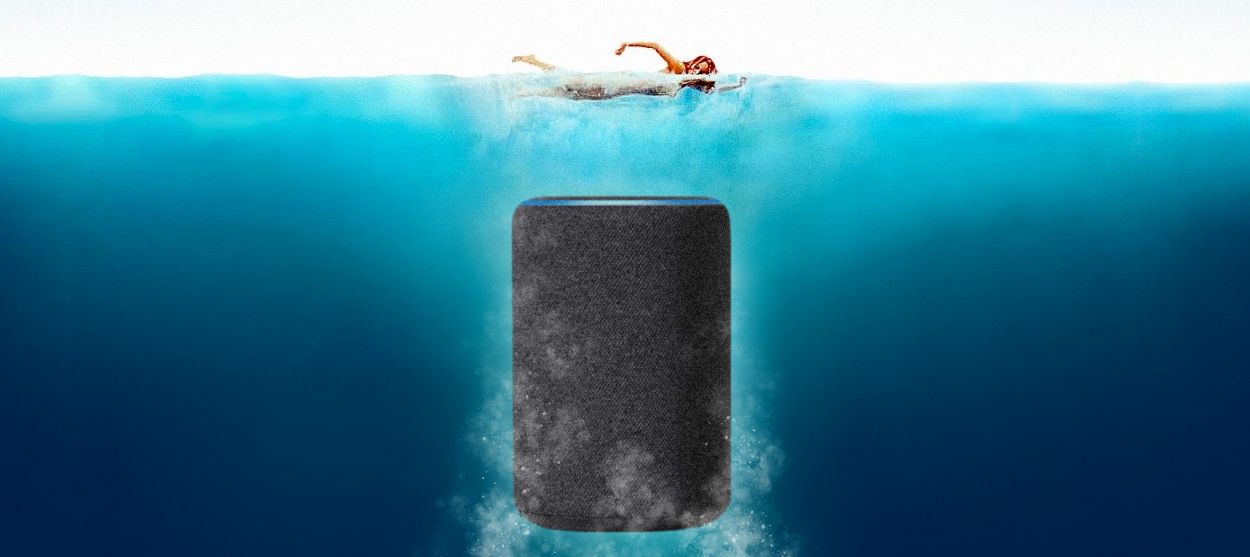
A free daily email with the biggest news stories of the day – and the best features from TheWeek.com
You are now subscribed
Your newsletter sign-up was successful
Twenty-five minutes into Netflix's The Knight Before Christmas, there is — for all intents and purposes — a commercial break. Vanessa Hudgens, who plays a schoolteacher disenchanted with love, walks into her inexplicably massive guest house with Josh Whitehouse, a 14th-century knight who's been transported to modern-day Ohio, and activates her Amazon Echo. "Hi," Alexa, Amazon's AI helper, chirps in her robotic monotone. "What can I do for you today?"
That might sound bad — it is bad — but in The Knight Before Christmas' defense, it's far from the first movie to cast Amazon's smart home device in a speaking role. Over the past year, Amazon has embarked on what might be described as a product placement blitz, with the company presumably paying to insert Alexa into the plot of countless movies and TV shows. (An Amazon spokesperson did not immediately respond to a request for confirmation that the examples mentioned in this article were paid placements.) Often these efforts are awkward and contrived, with characters abruptly and randomly compelled to demonstrate the features of their smart home devices. Product placement itself is nothing new, but Amazon's forced Echo integrations have made Alexa the most unwelcome up-and-coming movie star of the year.
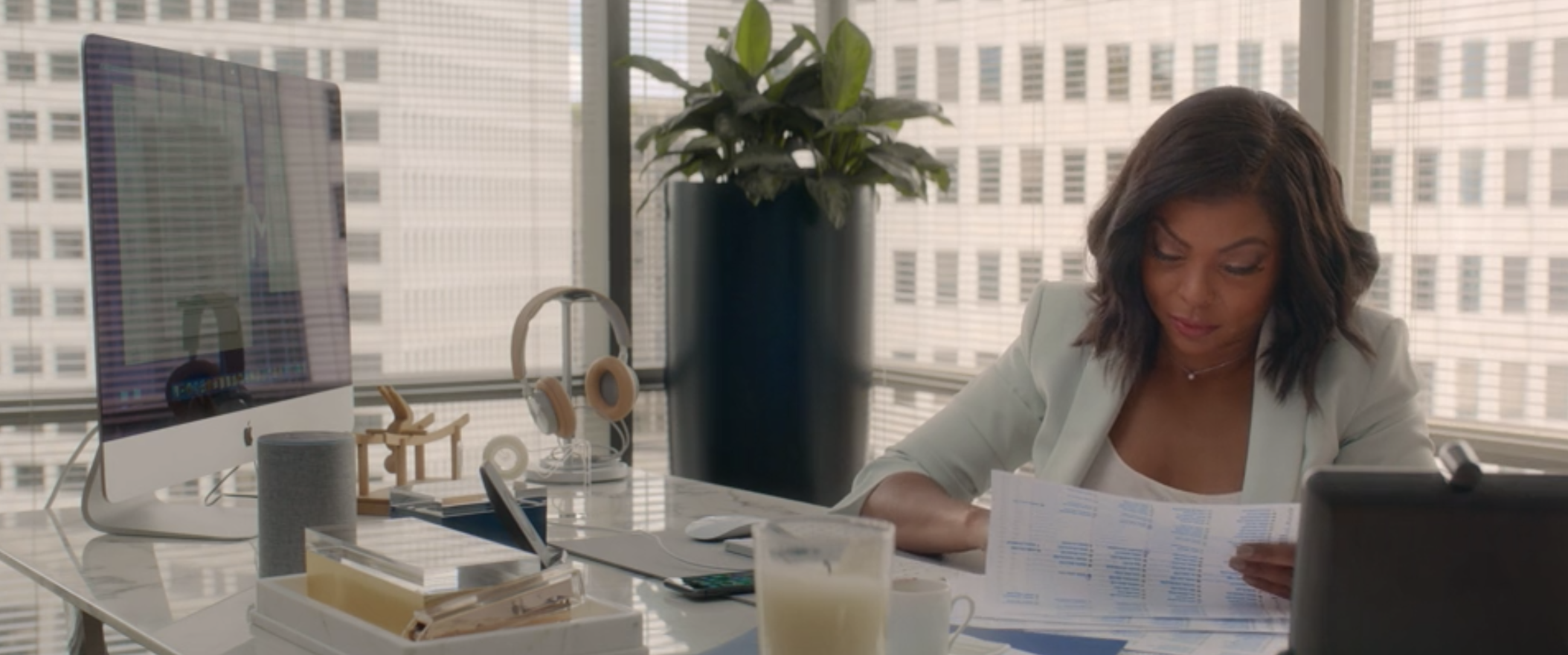
"Product placement" brings to mind E.T.'s trail of Reese's Pieces and James Bond forgoing his martini for a Heineken in Skyfall, although the practice is actually much, much older. Some film historians will point you as far back as 1896, when, at the request of a representative of the company that would one day become Unilever, the Lumière brothers dedicated precisely half of their two-minute film Défilé du 8e bataillon to the promotion of Sunlight Soap. Today, "there is no art form that doesn't run a three-legged race with the sponsors that support its production," writes The New Yorker's Emily Nussbaum, who also points out that "we all have our sponsors. Michelangelo painted for the Pope!" The trick of brand placement and integration in 2019, then, is to make the product being sold both memorable to audiences (so the ad works), but also not have it stick out like a sore thumb.
The Week
Escape your echo chamber. Get the facts behind the news, plus analysis from multiple perspectives.

Sign up for The Week's Free Newsletters
From our morning news briefing to a weekly Good News Newsletter, get the best of The Week delivered directly to your inbox.
From our morning news briefing to a weekly Good News Newsletter, get the best of The Week delivered directly to your inbox.
The problem is Amazon, and the people accepting its money, don't seem to mind Alexa sticking out. Watching The Knight Before Christmas, you'd almost think the company relishes it. There is "so much discussion of ... Alexa that it felt like a third character in the story," observed Vulture's Jackson McHenry. Hudgens' character even goes as far as to demonstrate that you can ask your device to play you "Christmas carols," and have "Good King Wenceslas" emerge. Whitehouse also participates in a gag where he asks Alexa for his horse, only to prompt new carols to play. A few scenes later, Alexa makes another appearance; the knight, in his medieval foolishness, admits he'd banished the speaker to the freezer overnight because he couldn't figure out how to turn it off — a tactic that might be an unwitting suggestion to those paranoid about Amazon espionage. The Alexa promotion is so poorly worked into the plot that watching it felt like an overeager salesperson had broken into my apartment.
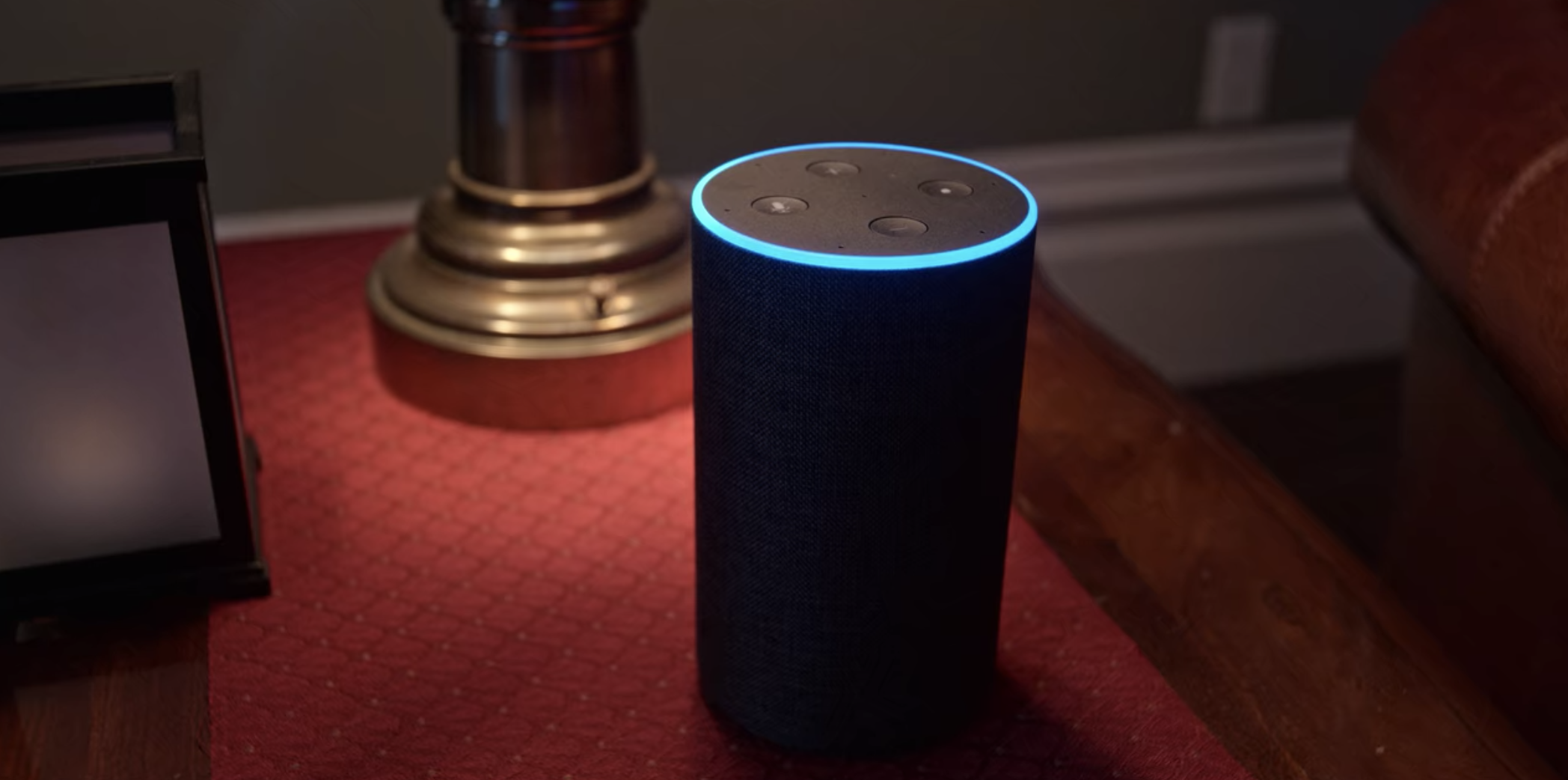
The intrusion of Alexa is especially bracing in The Knight Before Christmas because it is so obvious. Good product placement should be subtle or at the very least, called-for — not scream I'm selling you a smart home device that will spy on you! during the middle of your saccharine holiday movie. But that seems, nevertheless, to be Alexa's specialty, like a bit actor who always gets cast as the obnoxious, uninvited friend. In the second episode of Hulu's Four Weddings and a Funeral, for example, Alexa is given another obvious in-script gag when a character demands "what's our schedule for today?" and the speaker dutifully answers: "11 a.m.: Teeth whitening with Craig. 1 p.m.: Go through Craig's wallet."
Worse, Alexa is often allowed full-screen close-ups when she speaks. This is almost certainly a stipulation of Amazon's, but it makes for incredibly boring cinematography. Alexa can't react, and is static but for the bluish halo of light that blinks on when activated. Looking at an Echo on screen is about as interesting as the director deciding to suddenly cut to a parking garage column for a reaction shot. Still, when called upon by Alex Trebek to "play the Jeopardy! think music" during a spring episode of the game show, the host's impassive electronic sidekick had the whole screen to deliver its one line response: "Okay."
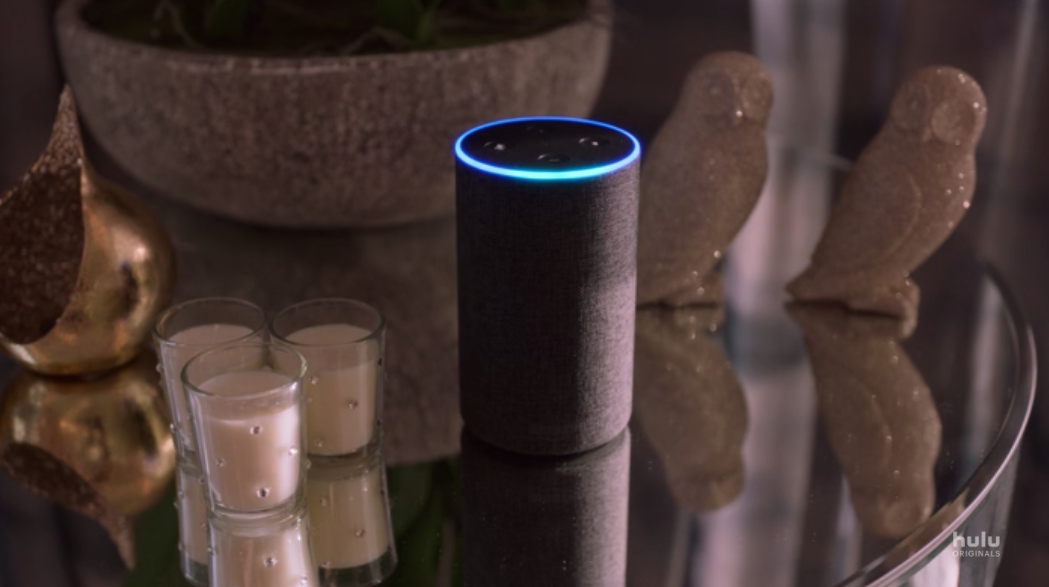
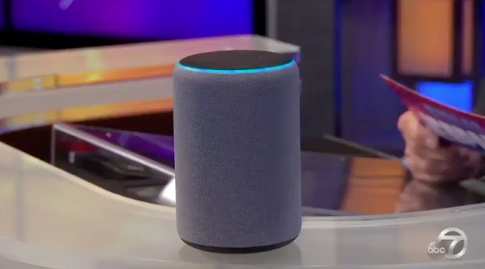
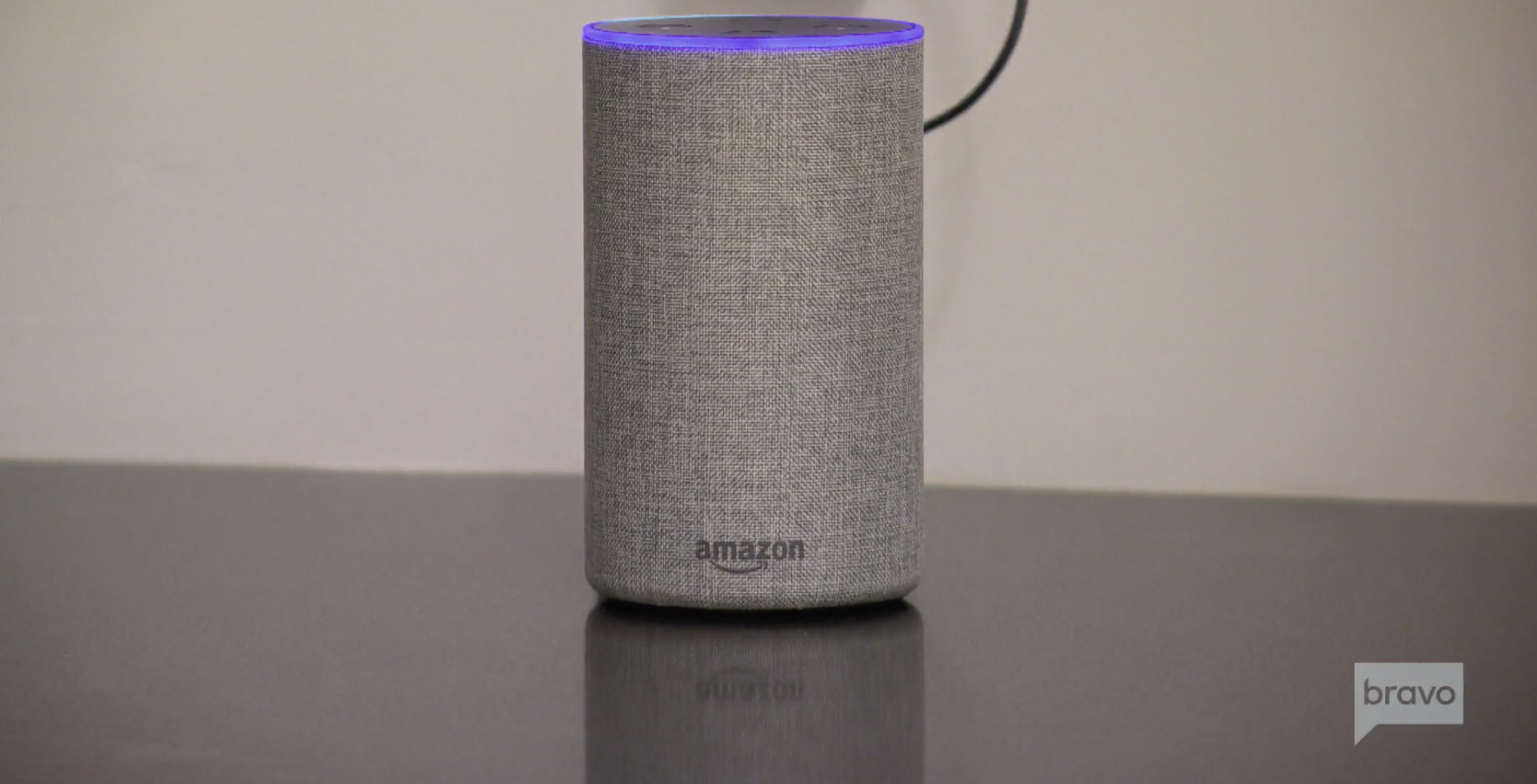
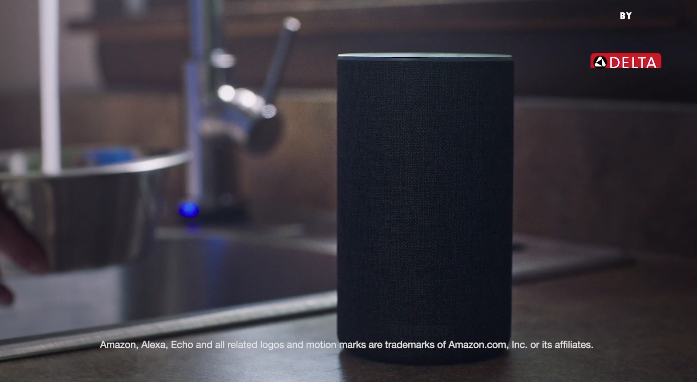
Jeopardy! fans took poorly to the sponsorship ("Alexa, define heavy-handed product placement" tweeted one irate viewer). But paid sponsorships are actually common on game shows and reality TV; American Idol, as just one example, has had 577 paid promotions over the course of its run, CNBC reports. Amazon is not to be excluded: The Echo got a brief demo during a September episode of the real estate show Million Dollar Listing New York in a promotion shared with Delta smart sinks. Amazon hasn't limited Alexa to traditional nonfiction venues in 2019, either. The Echo also appeared in a Great Big Story mini-documentary about a tattoo artist who covers traumatic scars, while Alexa provided on-command drum rolls and renditions of "Happy Birthday" for Funny or Die's Under a Rock with Tig Notaro.
A free daily email with the biggest news stories of the day – and the best features from TheWeek.com
Alexa's ubiquitousness isn't what is remarkable; that is to be expected of any major brand in 2019. Rather, the continued and blatant lack of care given to integrating the product naturally into shows and movies is. Some might argue that, accepting product placement as our capitalist reality, it's actually a good thing that we at least know when we're watching an ad, for the same reason that the insidiousness creep of sponsored content on platforms like Instagram has become alarming and out of control. But is being jarred out of a movie or show by an obvious promotion really the same thing as ad transparency? There must be some sort of middle ground, a way to both make up traditional advertising dollars while not turning our entertainment entirely into an arm of Amazon's marketing.
In the meantime, the Alexa promotions remain the worst of both worlds. Who can blame a girl for wanting to watch her nonsensical Christmas knight movie in heavenly, Alexaless peace?
Want more essential commentary and analysis like this delivered straight to your inbox? Sign up for The Week's "Today's best articles" newsletter here.
Jeva Lange was the executive editor at TheWeek.com. She formerly served as The Week's deputy editor and culture critic. She is also a contributor to Screen Slate, and her writing has appeared in The New York Daily News, The Awl, Vice, and Gothamist, among other publications. Jeva lives in New York City. Follow her on Twitter.
-
 How to Get to Heaven from Belfast: a ‘highly entertaining ride’
How to Get to Heaven from Belfast: a ‘highly entertaining ride’The Week Recommends Mystery-comedy from the creator of Derry Girls should be ‘your new binge-watch’
-
 The 8 best TV shows of the 1960s
The 8 best TV shows of the 1960sThe standout shows of this decade take viewers from outer space to the Wild West
-
 Microdramas are booming
Microdramas are boomingUnder the radar Scroll to watch a whole movie
